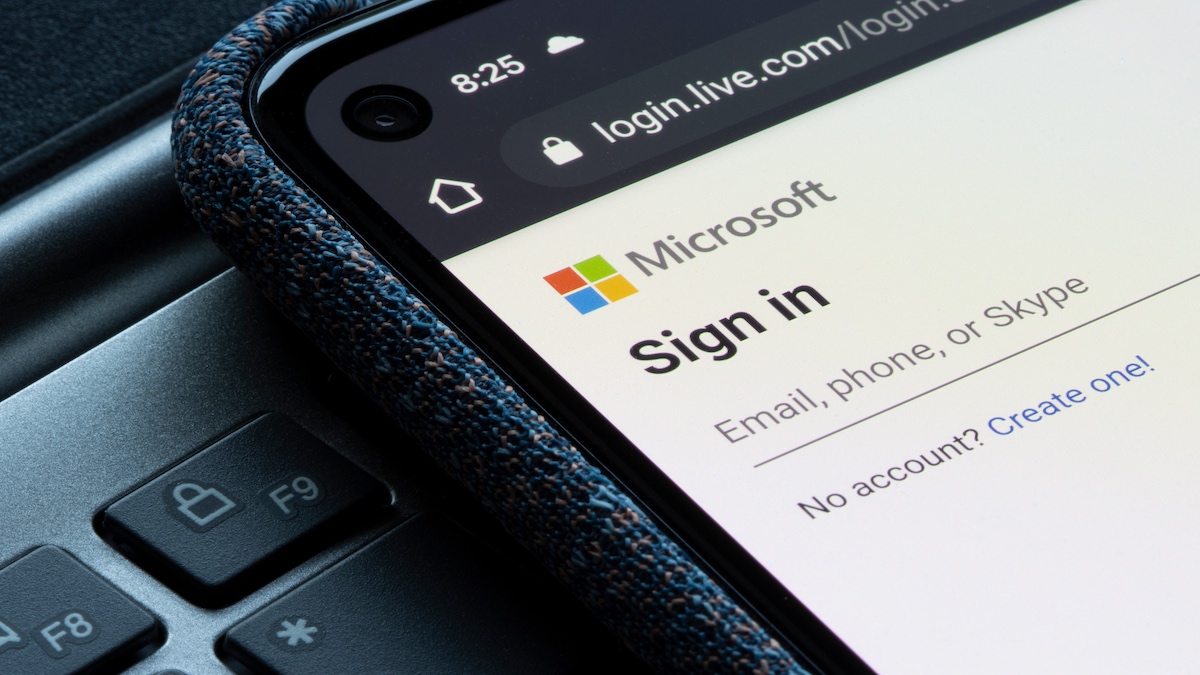A month after confirming active exploitation of “a series of remote code execution vulnerabilities” impacting Windows and Office users, Microsoft on Tuesday shipped patches for 33 affected products and a “defense in depth update” to block the attack chain.
Redmond’s beleaguered security response team said the pre-patch mitigation stops the attack chain leading to the Windows Search security feature bypass vulnerability (CVE-2023-36884) being abused by Russian spies and cybercriminals.
“This defense in depth update is not a vulnerability, but installing this update stops the attack chain,” Microsoft said, urging Windows users to install the newly available Office updates as well as installing the Windows updates from August 2023.
The company also updated the CVE-2023-36884 bulletin with additional documentation on the security bug and provided security fixes for affected Office installations.
In an unusual move last month, Microsoft warned that skilled attackers are using specially crafted Office documents to launch targeted code execution attacks. “An attacker could create a specially crafted Microsoft Office document that enables them to perform remote code execution in the context of the victim.”
Those attacks included a phishing campaign with Office zero-day exploits targeting defense and government entities in Europe and North America
The Office patches and mitigations headline a busy Patch Tuesday that provides fixes for approximately 75 security defects in the Microsoft Windows ecosystem.
According to Zero Day Initiative, a company that tracks security updates, this month’s patches cover vulnerabilities in Edge (Chromium-Based); Exchange Server; Office and Office Components; .NET and Visual Studio; ASP.NET; Azure DevOps and HDInsights; Teams; and Windows Defender.
Microsoft rates the bulk of the issues as critical-severity, meaning that exploitation could lead to arbitrary code execution.
Software maker Adobe also joined the Patch Tuesday train with a big batch of security updates for its flagship Acrobat and Reader software, patching at least 30 vulnerabilities affecting Windows and macOS installations.
The software maker documented the 30 security defects in a critical-level advisory and warned that successful exploitation could lead to arbitrary code execution, memory leaks, security feature bypass and application denial-of-service attacks.
Adobe said affected software includes Acrobat DC, Acrobat Reader DC, Acrobat 2020 and Acrobat Reader 2020. The company described most of the bugs as memory safety issues and said it was not aware of any exploits in the wild.
Related: Microsoft Warns of Office Zero-Day Attacks, No Patch Yet
Related: Microsoft Pins Outlook Zero-Day Attacks on Russian Actor
Related: Microsoft Office Zero-Day Hit in Targeted Attacks
Related: Patch Tuesday: Adobe Patches 30 Acrobat, Reader Vulns













